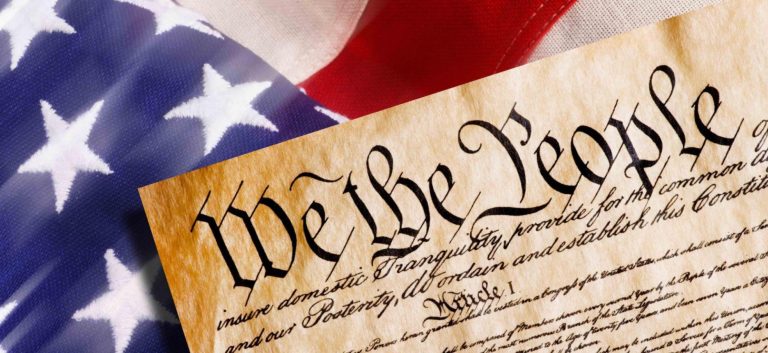
Who says what is right and wrong?
When studying the history of Western law, two phrases appear; Constitutional Gnosticism and Constitutional Theism. Constitutional Gnosticism assumes that humans are the measure of all things rather than God. It does not hold to God being ruler and originator of our Constitutional rule and order. However, Constitutional Theism places God as the essence of the Constitution. Consequently, there should be continuity in how the Constitution is interpreted. God has established a universal natural law and recorded it in the Christian Bible, grounded in reason, experience, and common sense that should be honored from generation to generation (Manzer). On the other hand, Constitutional Gnosticism makes setting law and interpreting the Constitution a freefor-all, leaving what is reasonable for humankind to decide.








